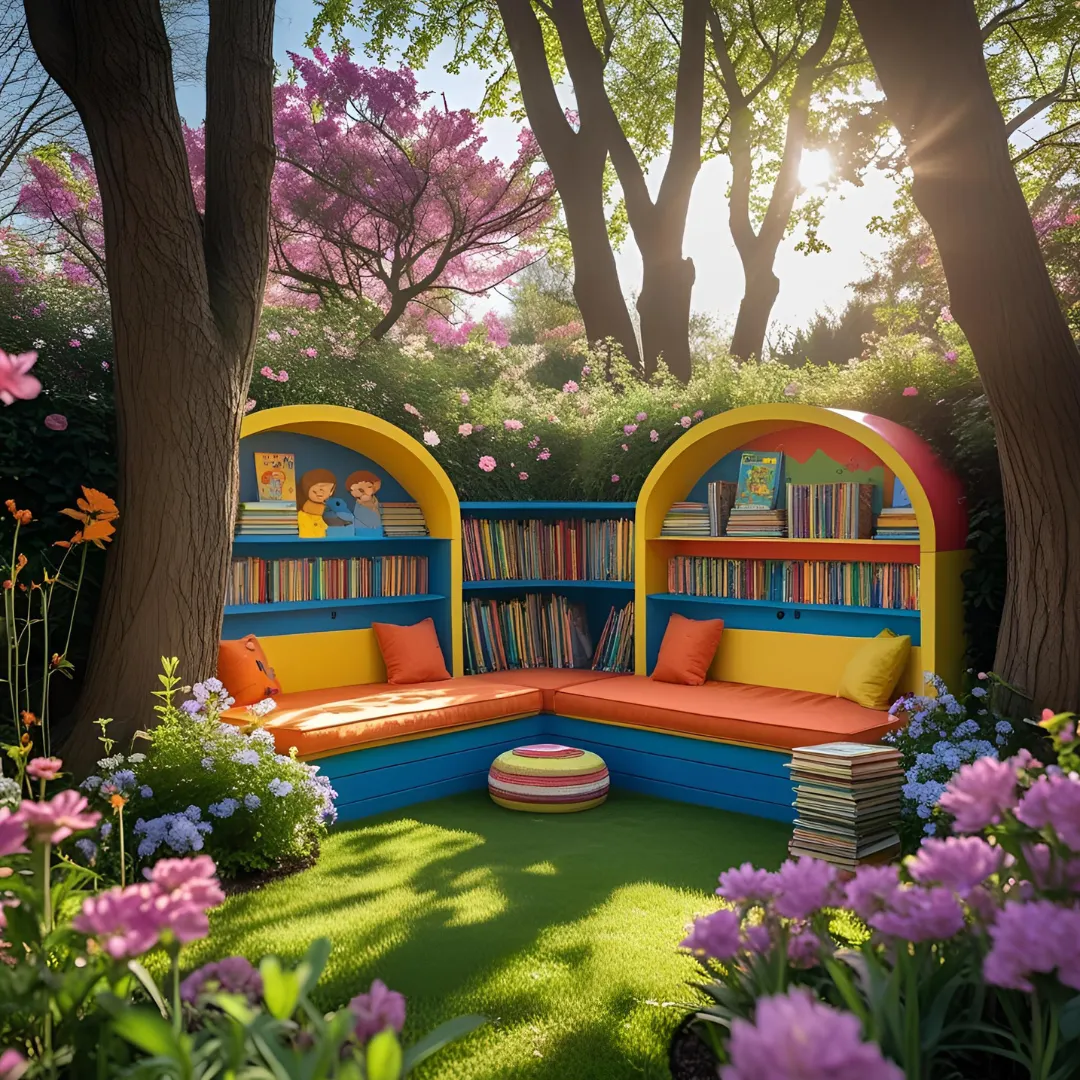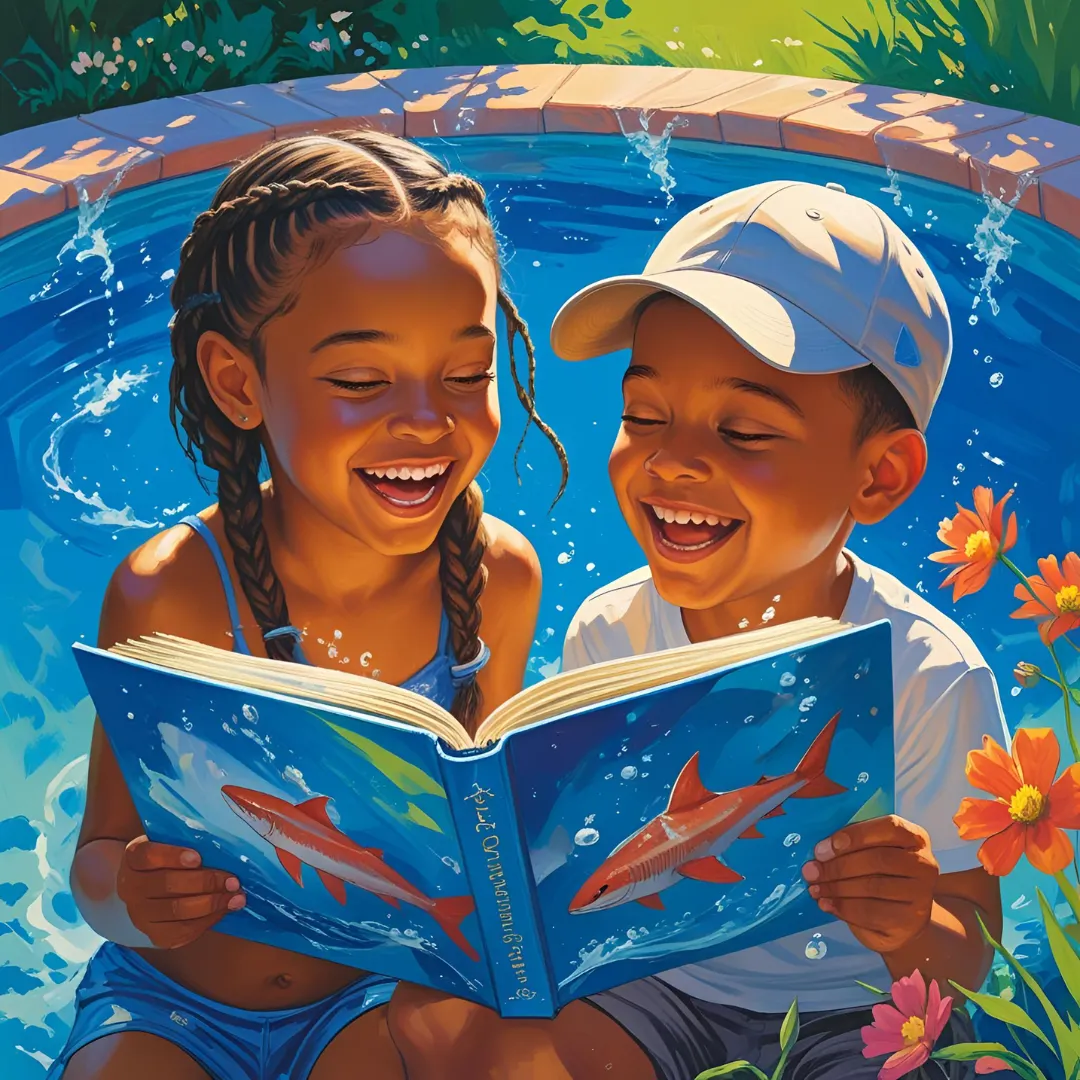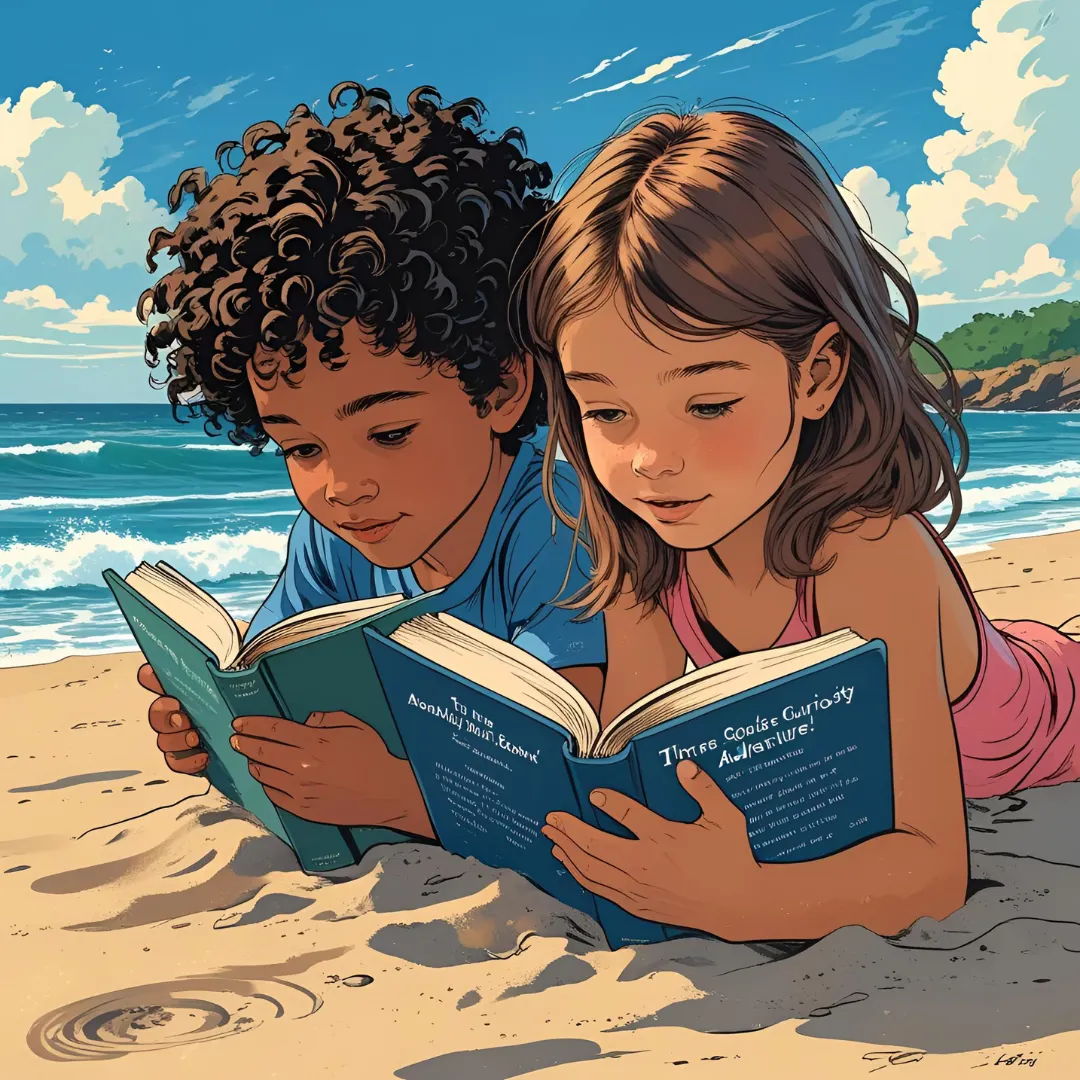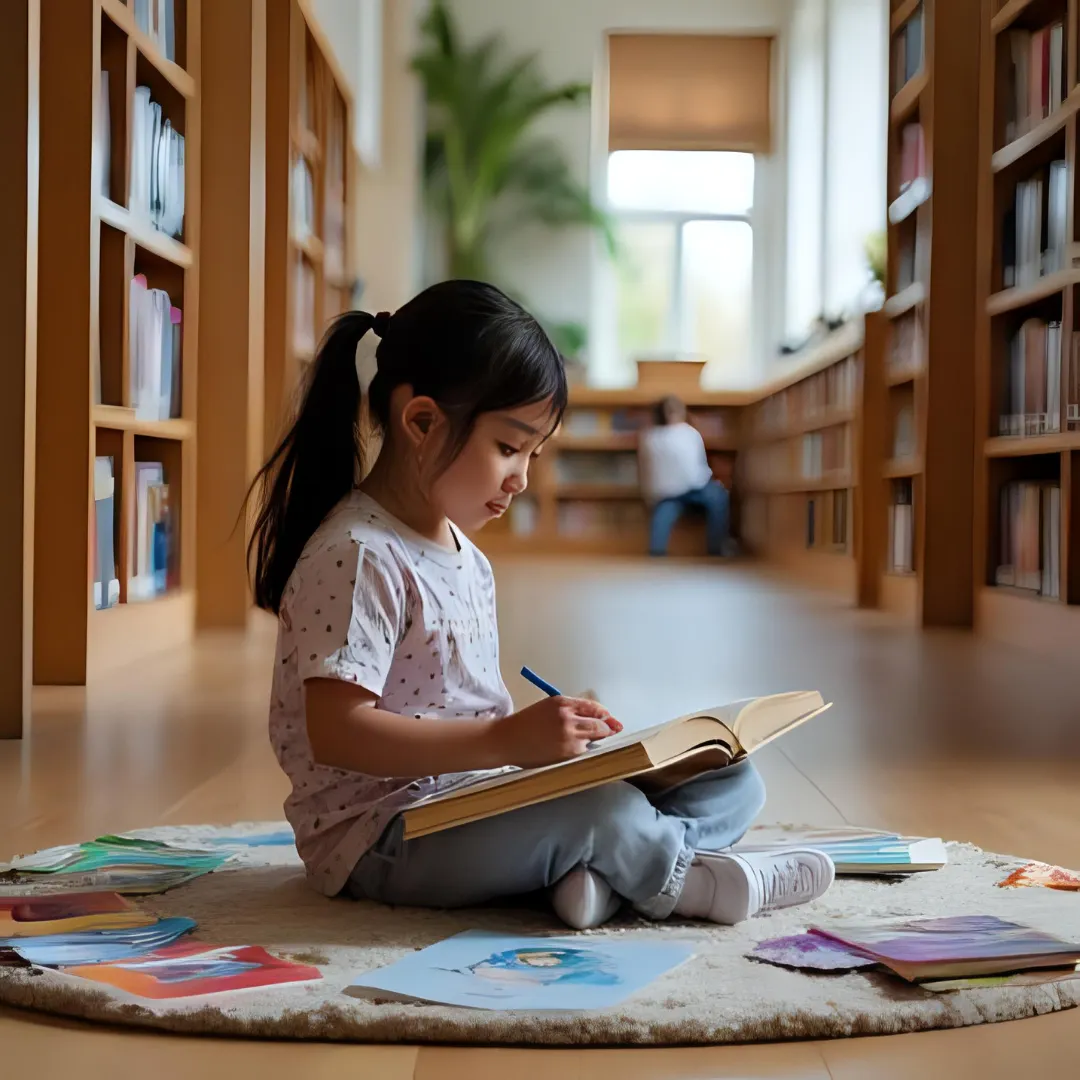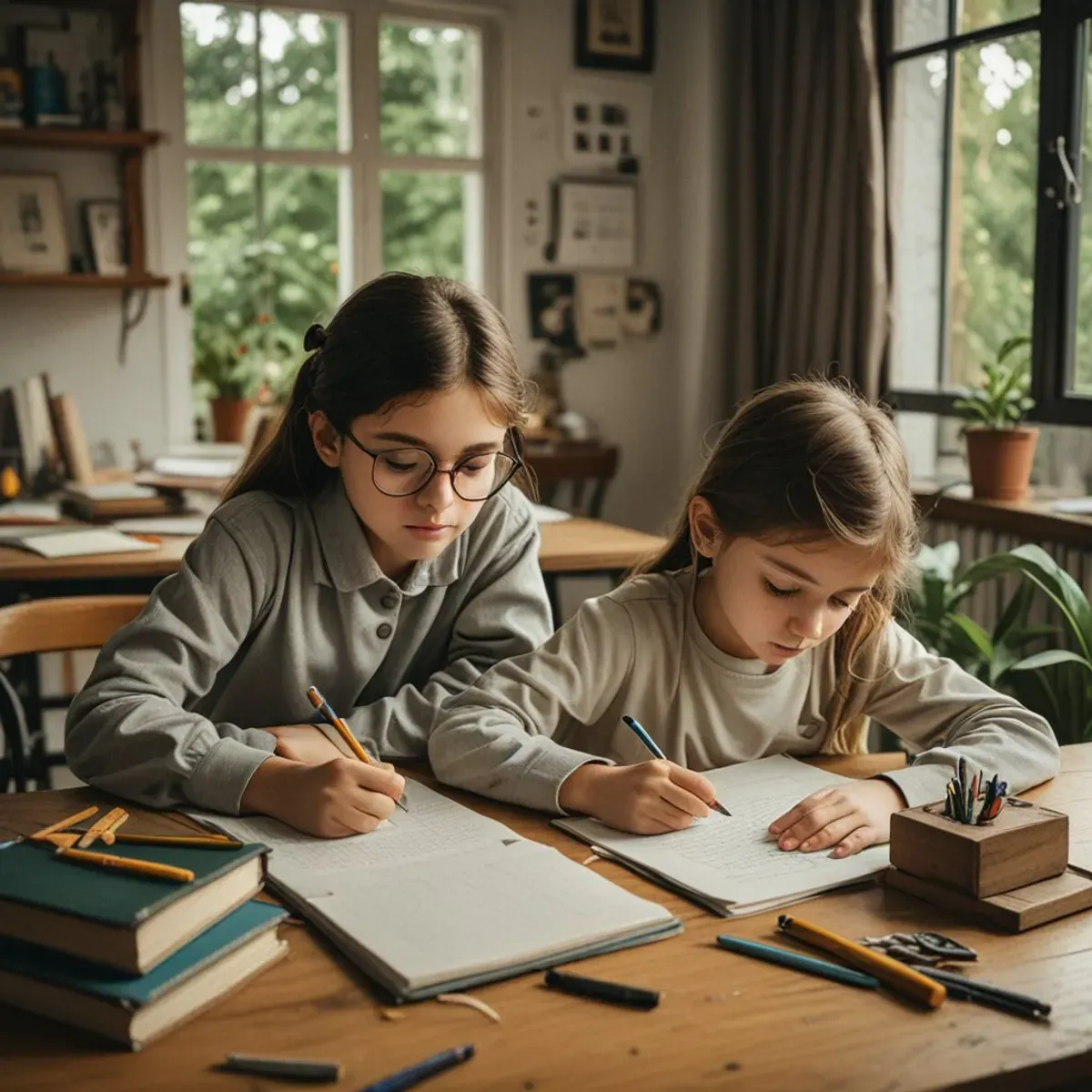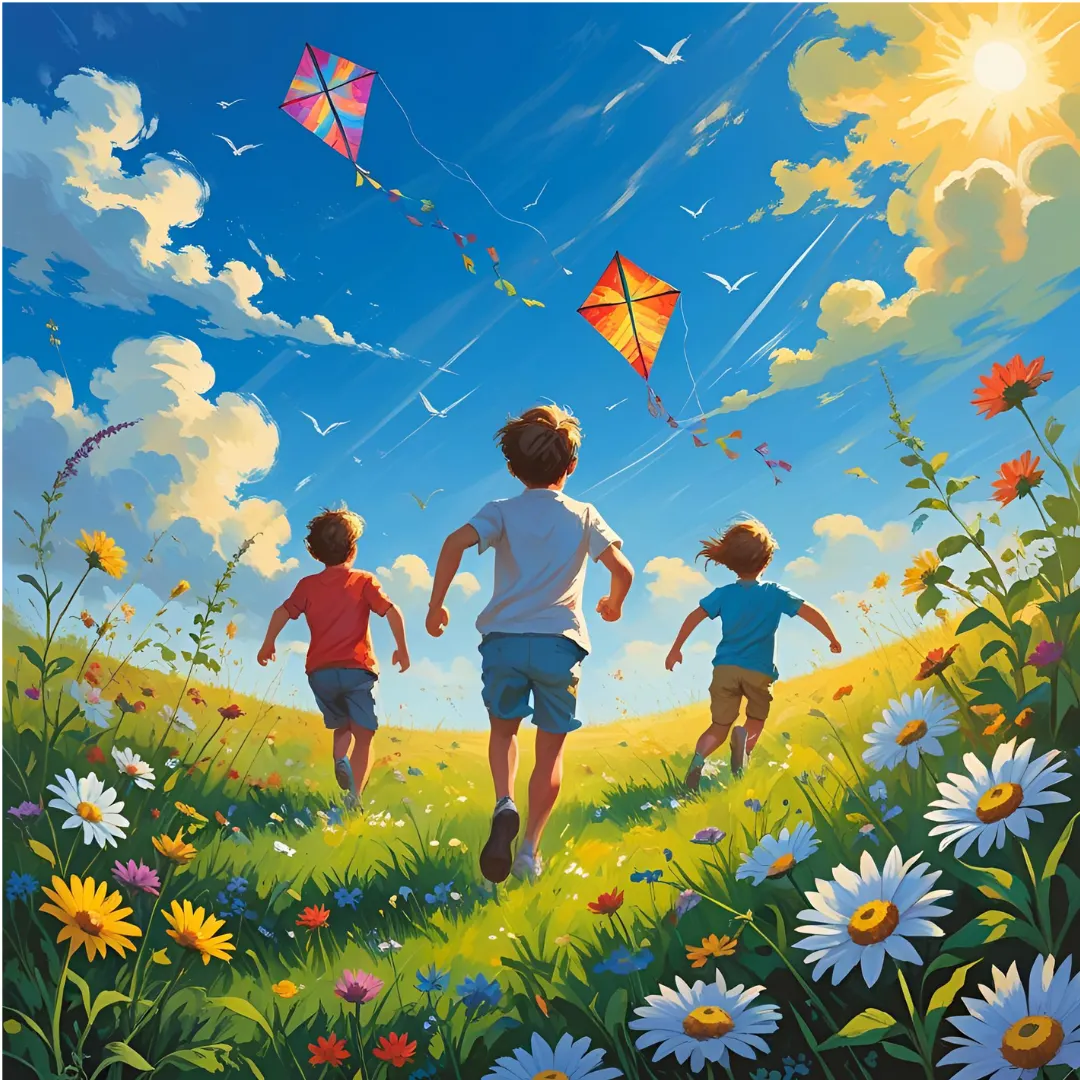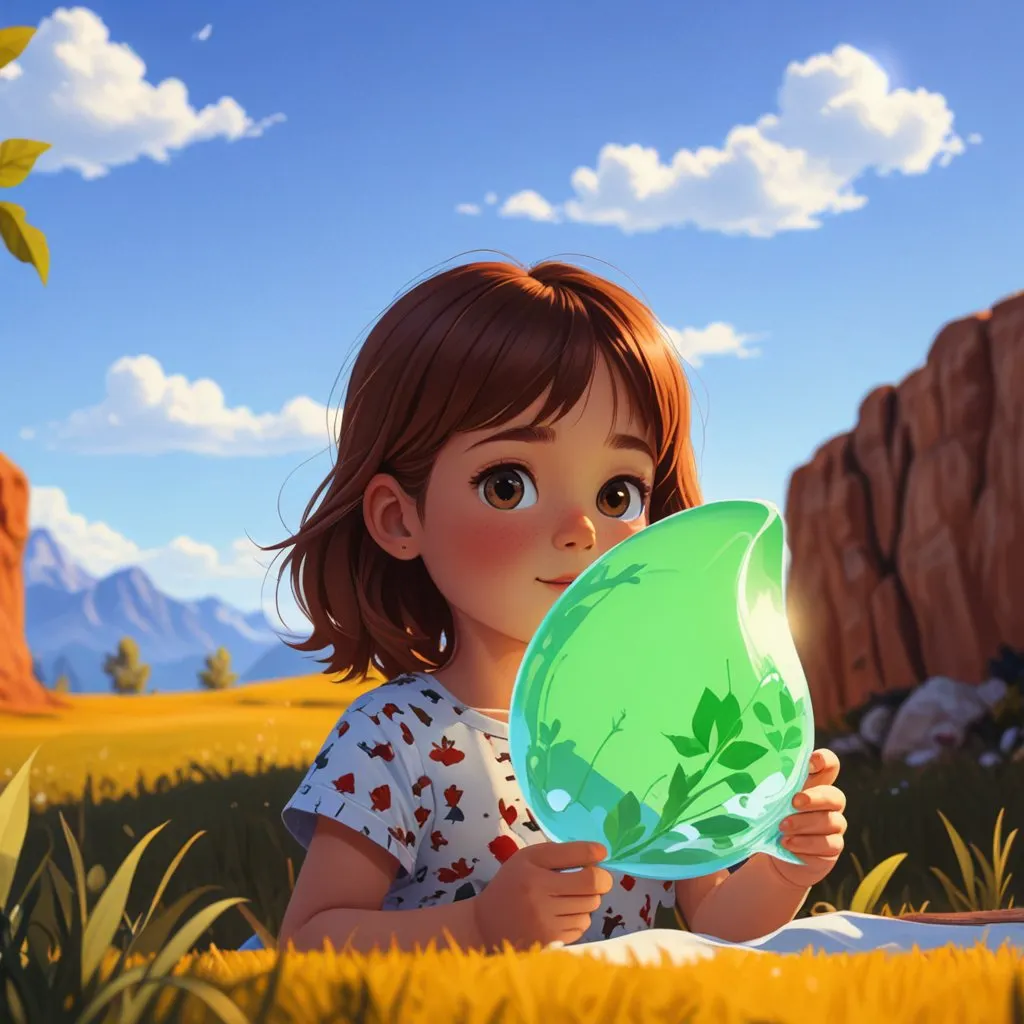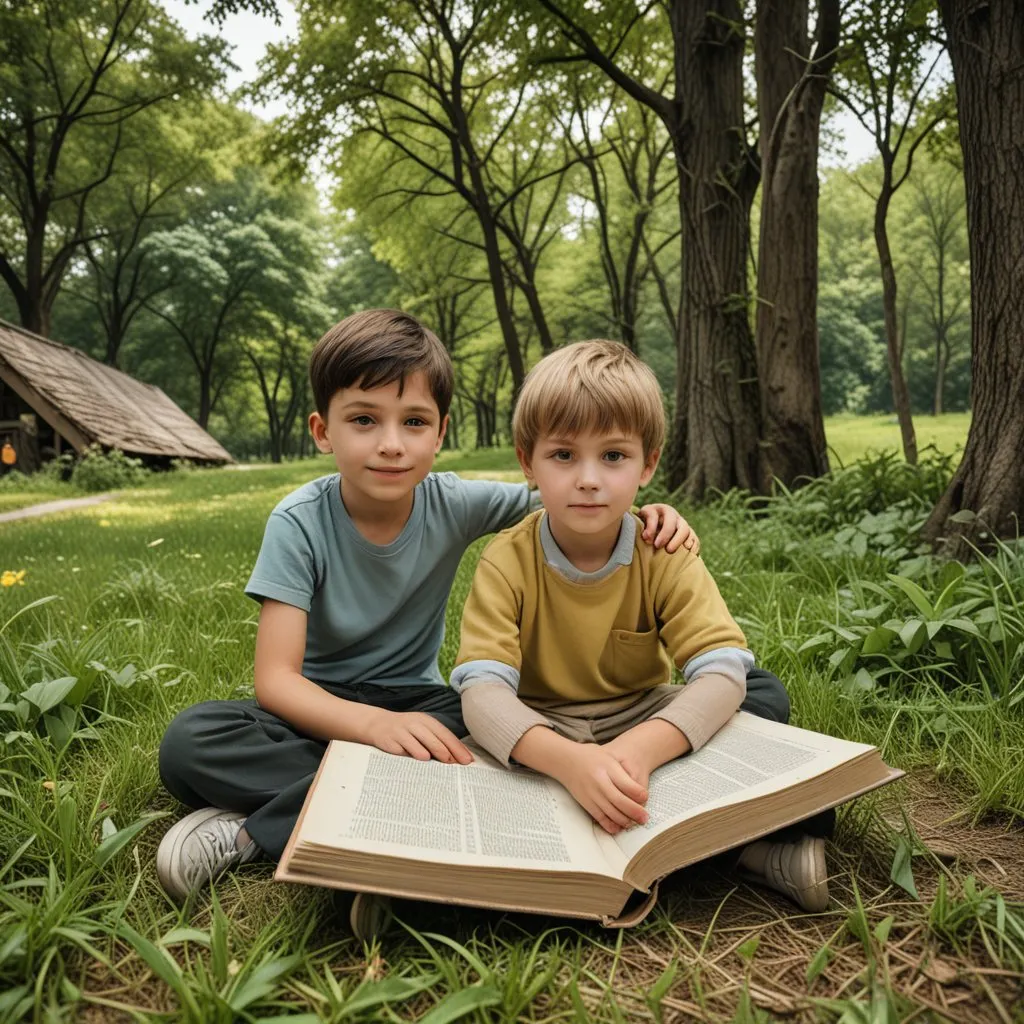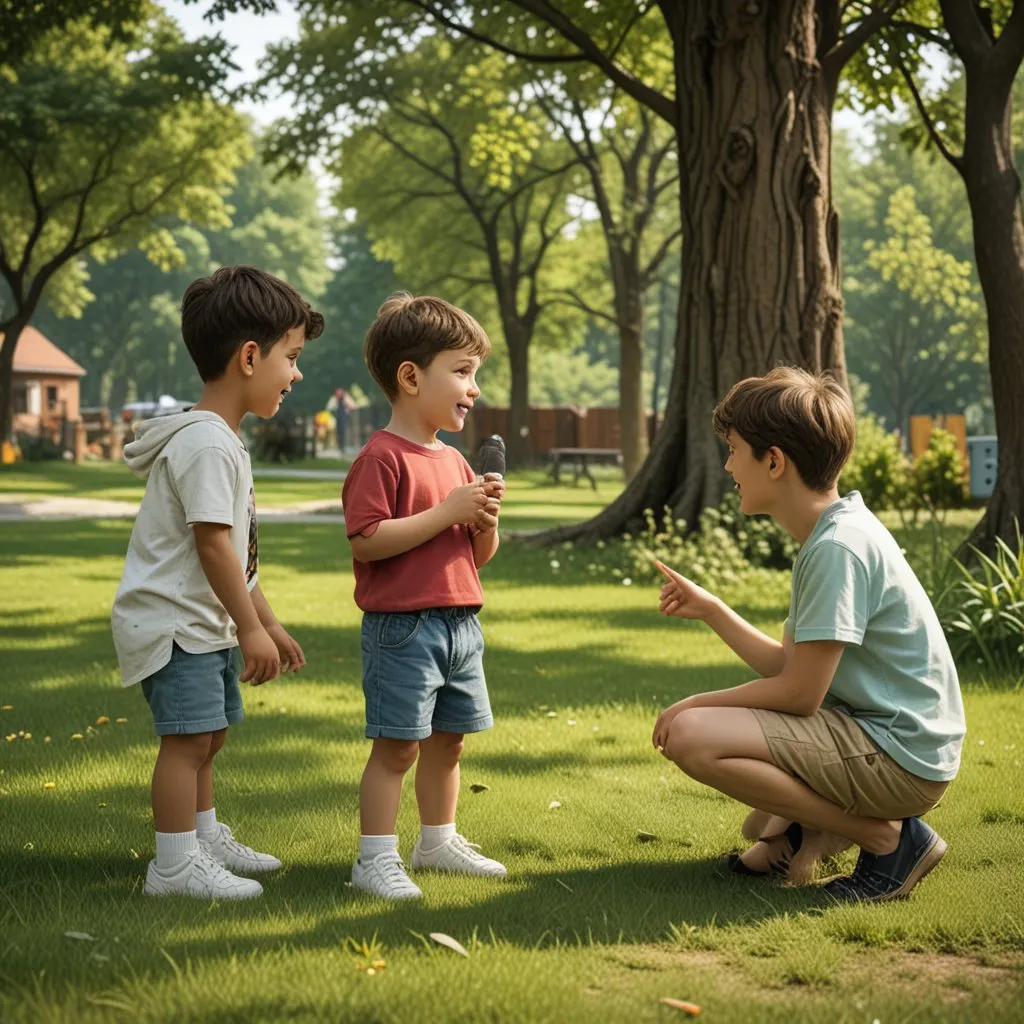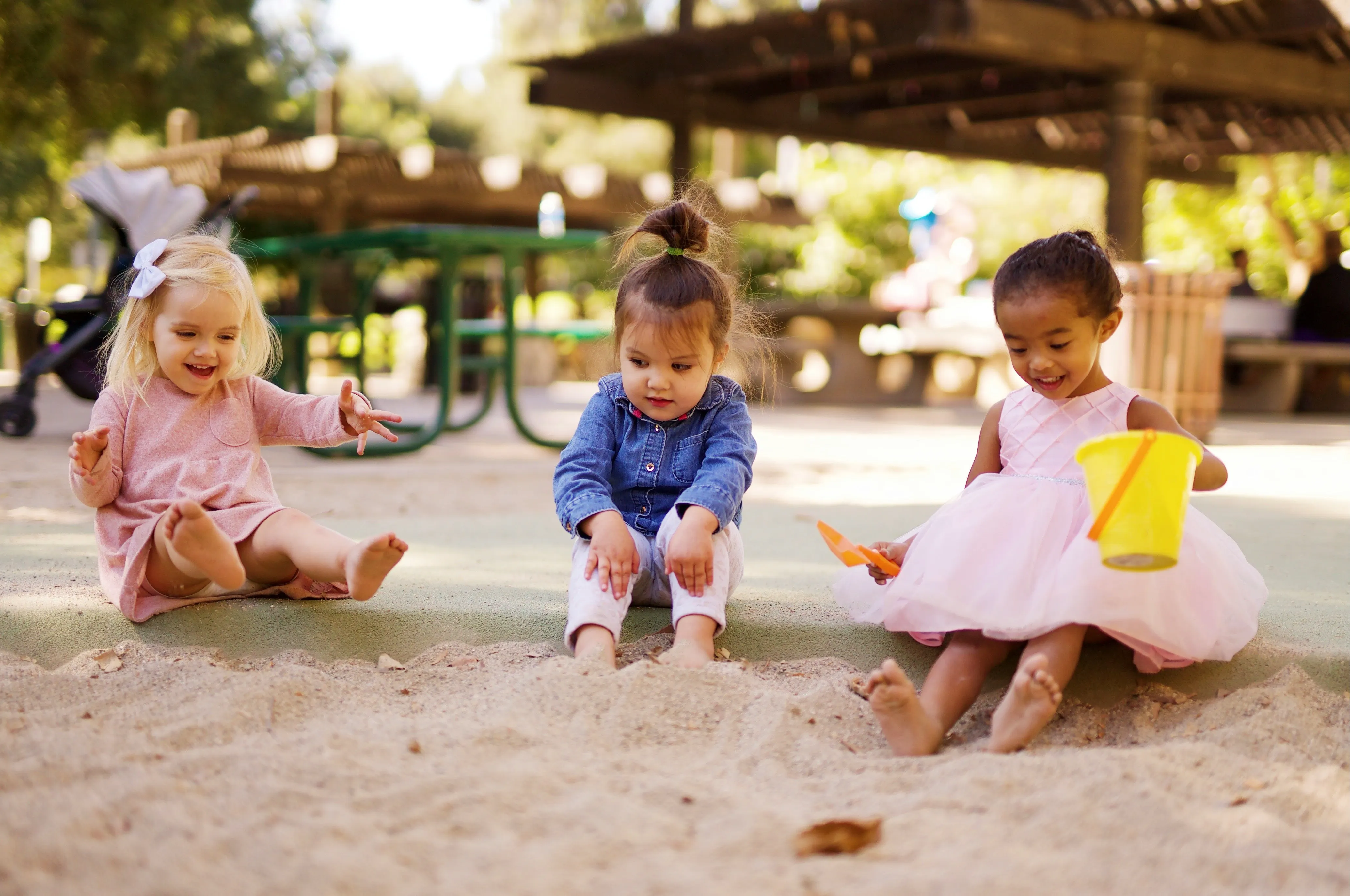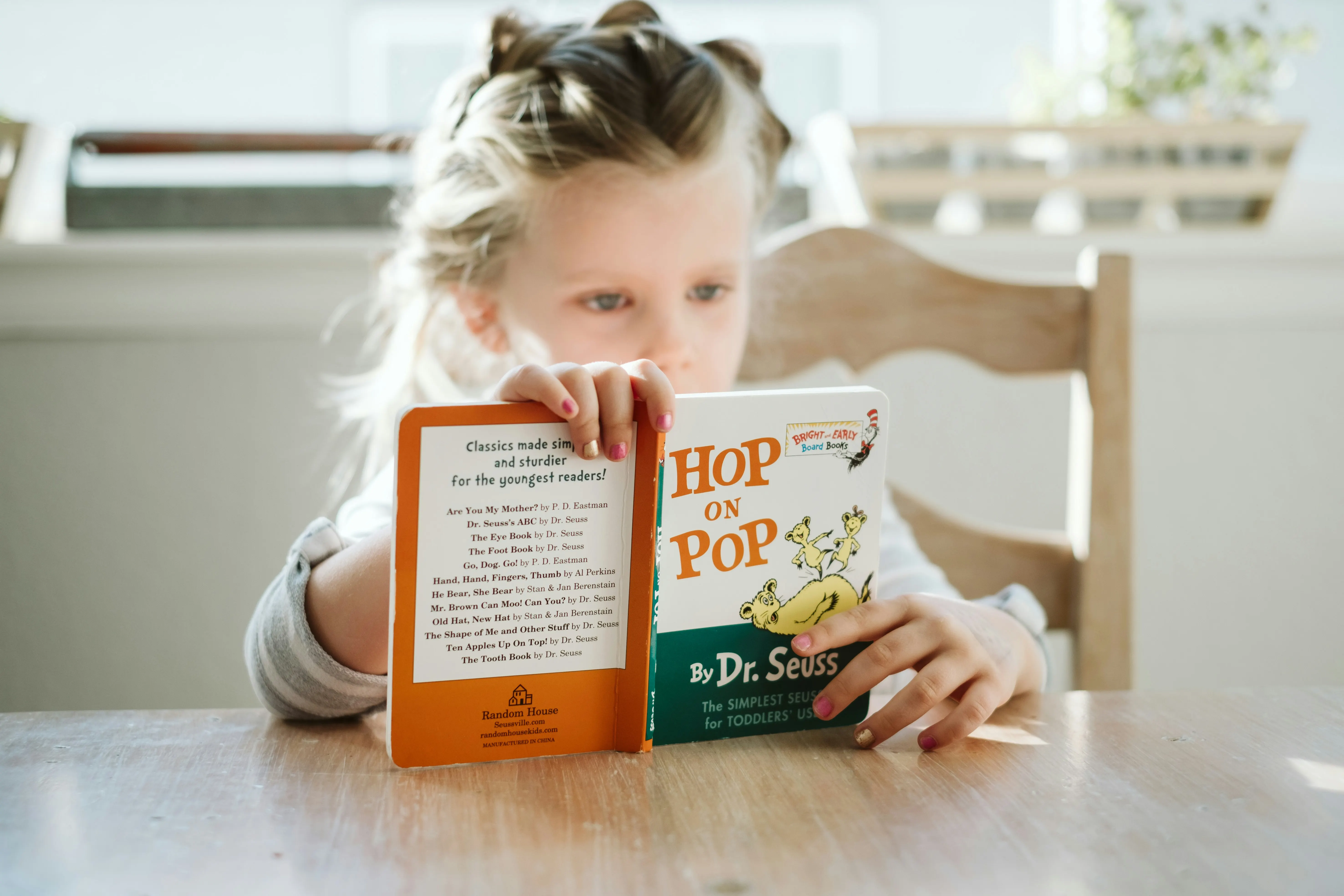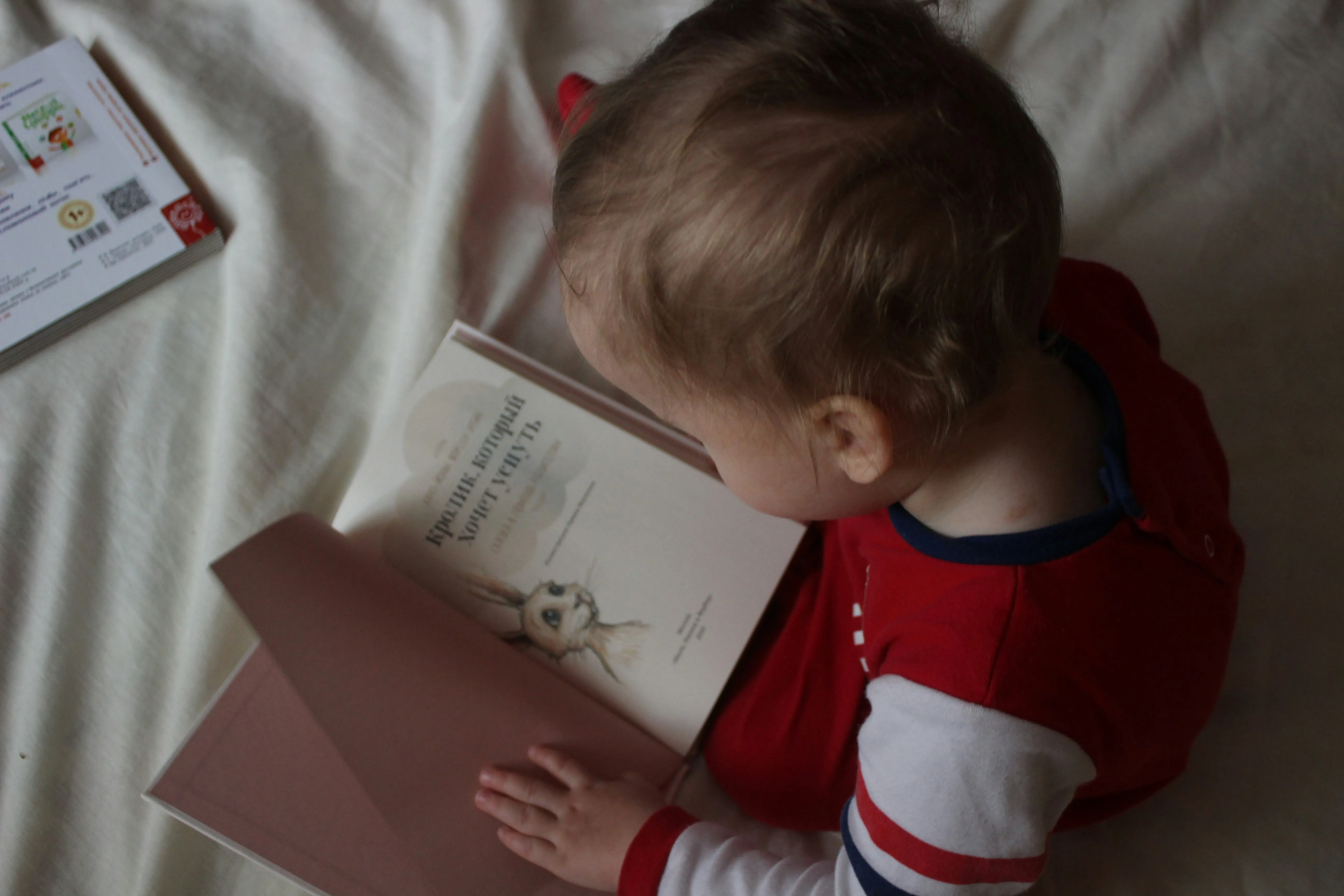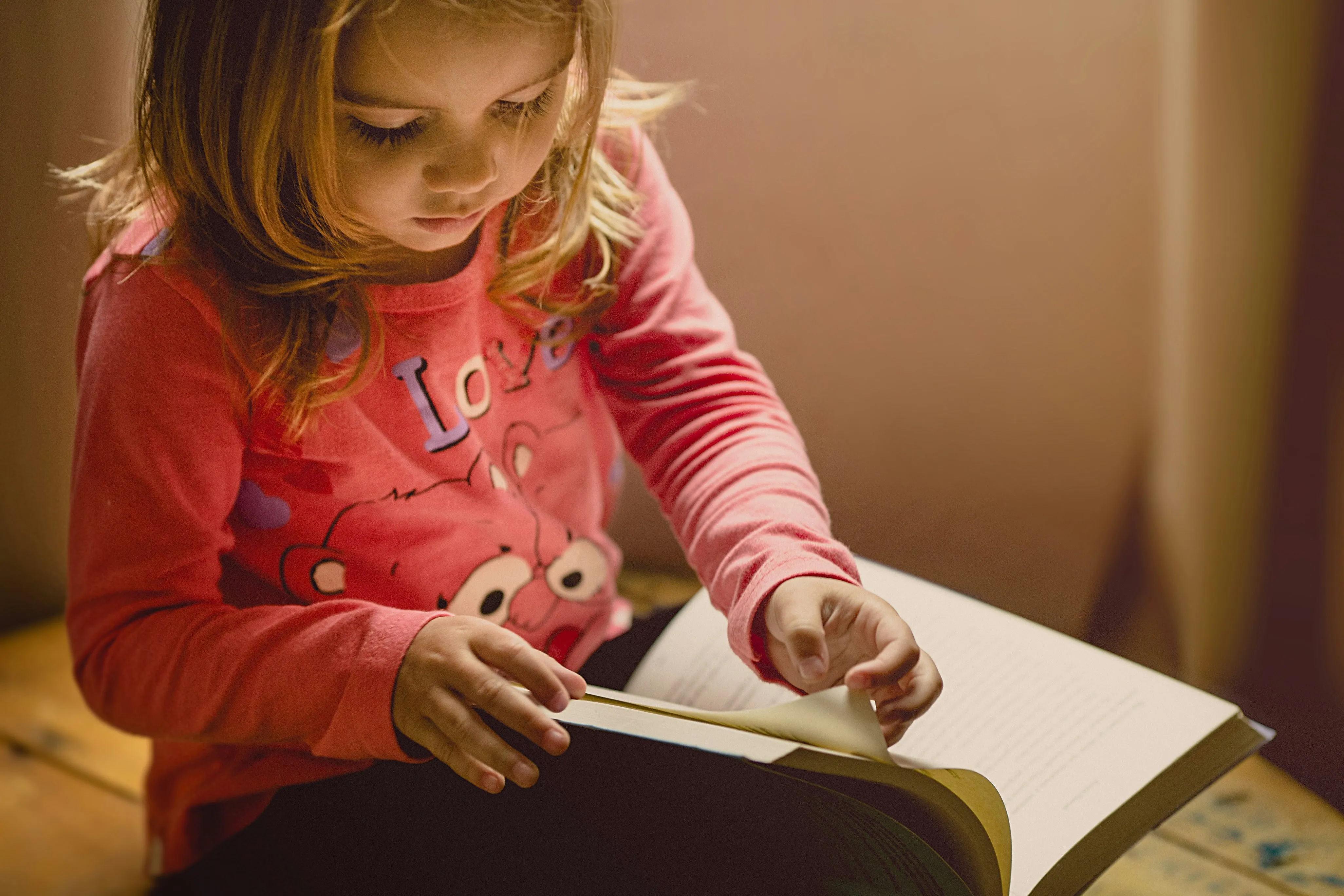Tales, Teaching, and Tiny Voices: The Power of Early Narrative Skill
Narrative Skills: The Art of Storytelling and Meaning-Making
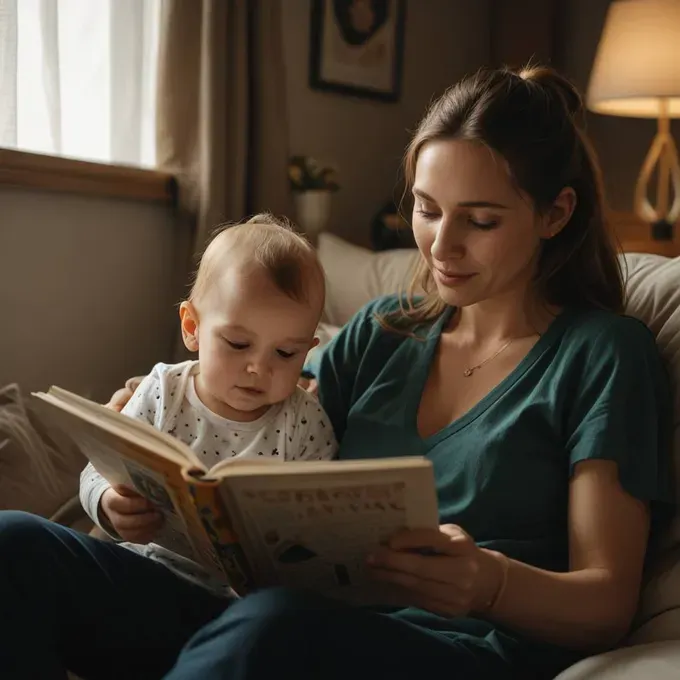
Imagine your little one, barely able to walk, already weaving magical tales to their teddy bears.
That's the beginning of narrative skills - perhaps the most enchanting of all early literacy abilities! Let's explore how your child's natural storytelling instincts blossom into powerful reading and comprehension skills.
The Magic of Story Making
When your baby babbles to their stuffed animals or your toddler tells elaborate tales about their day at the park (even if half of it is wonderfully imagined!), they're not just being adorable - they're developing crucial brain pathways that will help them become strong readers and creative thinkers.
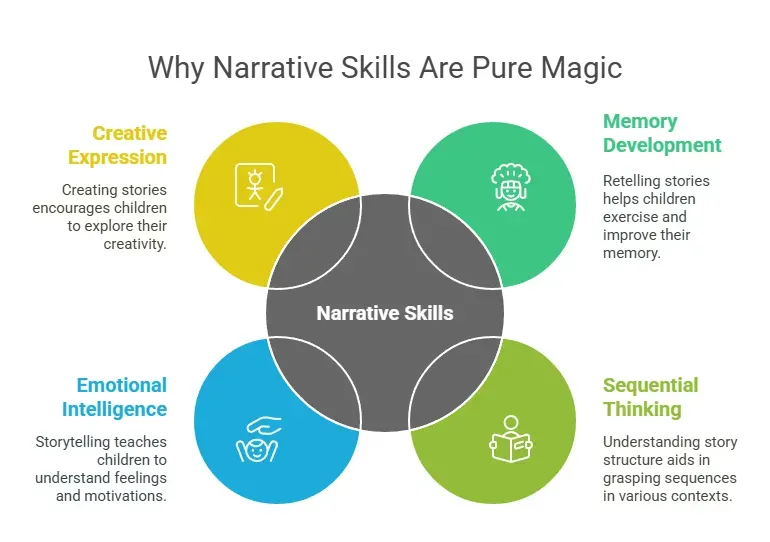
Why Narrative Skills Are Pure Magic
- Memory Development: When children retell stories or create their own, they're exercising their memory muscles in the most natural, joyful way
- Sequential Thinking: Understanding that stories have a beginning, middle, and end helps children make sense of everything from bedtime stories to science experiments
- Emotional Intelligence: Through storytelling, children learn to understand characters' feelings and motivations - a skill that transfers beautifully to reading comprehension
- Creative Expression: Making up stories helps children understand that they too can be creators of worlds and meanings
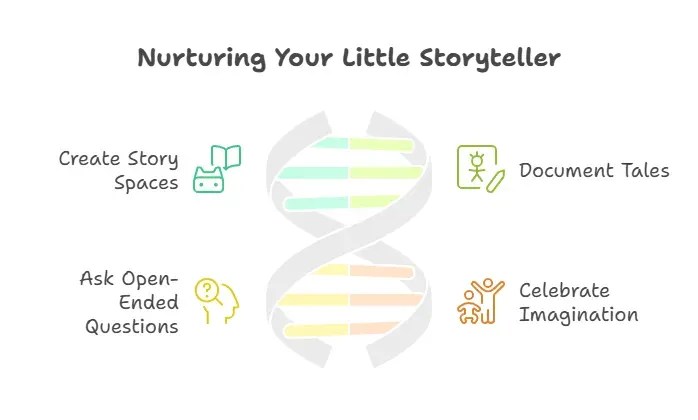
Nurturing Your Little Storyteller
Every parent's heart melts when they hear their toddler "reading" to their dolls or creating elaborate scenarios during playtime. These precious moments are actually powerful building blocks for literacy! Here's how to nurture these natural storytelling instincts:
- Create Story Spaces: Set up cozy corners with stuffed animal audiences ready for your child's performances
- Document Their Tales: Write down their stories and read them back - they'll be thrilled to see their words have power!
- Ask Open-Ended Questions: "What do you think happens next?" or "Why do you think the character felt that way?"
- Celebrate Imagination: Even if the story seems silly or impossible, show genuine interest and enthusiasm
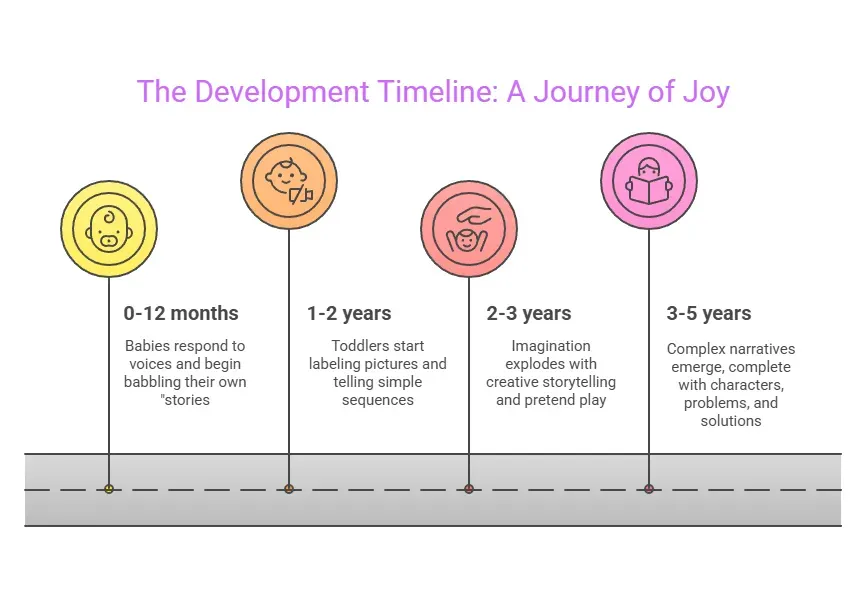
The Development Timeline: A Journey of Joy
From birth to age 5, your child's narrative skills develop in beautiful, natural stages:
- 0-12 months: Babies respond to voices and begin babbling their own "stories"
- 1-2 years: Toddlers start labelling pictures and telling simple sequences
- 2-3 years: Imagination explodes with creative storytelling and pretend play
- 3-5 years: Complex narratives emerge, complete with characters, problems, and solutions
Remember...
Every time your child tells you about their day creates an imaginary friend or gives their stuffed animals voices, they're building essential literacy skills. These natural storytelling moments are pure gold for brain development - and they're absolutely magical to witness!
By nurturing all six early literacy skills - print motivation, print awareness, letter knowledge, vocabulary, phonological awareness, and narrative skills - you're giving your child the complete toolkit they need for reading success. But more than that, you're raising a confident communicator who understands the power and joy of stories!
FAQ
Here are 5 frequently asked questions about narrative skills and early literacy development:
1. What are narrative skills and why are they important?
Narrative skills are a child's ability to tell stories and describe things, which are crucial building blocks for reading comprehension and creative thinking.
2. At what age do narrative skills begin developing?
Narrative skills start developing from birth, beginning with baby babbles (0-12 months), progressing to simple sequences (1-2 years), creative storytelling (2-3 years), and complex narratives (3-5 years).
3. How can parents nurture their child's storytelling abilities?
Parents can support narrative development by:
- Creating dedicated storytelling spaces
- Writing down and reading back children's stories
- Asking open-ended questions about stories
- Celebrating their imagination and creativity
4. What are the benefits of developing narrative skills?
Key benefits include:
- Enhanced memory development
- Improved sequential thinking abilities
- Developed emotional intelligence
- Strengthened creative expression
5. How do narrative skills connect to reading success?
Narrative skills are essential for literacy development as they help children understand story structure, make sense of texts, and develop comprehension abilities that transfer to reading success.
Citations
Based on the article about narrative skills and early literacy development, here are relevant educational articles you might find helpful:
https://www.zerotothree.org/resource/early-literacy/
https://www.naeyc.org/resources/topics/literacy
https://www.readingrockets.org/reading-topics/early-literacy
https://www.scholastic.com/parents/books-and-reading/raise-a-reader-blog/importance-narrative-skills.html
https://www.readwritethink.org/parent-afterschool-resources/tips-howtos/help-child-build-narrative-skills








